The Standing Committee of the National Assembly proposed to apply civil defense measures gradually at each level and specify the authority of each level.
On the afternoon of May 24, the National Assembly will discuss a number of content with different opinions in the Civil Defense Law Project. According to the report on receiving, explaining and revising the Law Project, there are opinions suggesting specific regulations on the basis for determining the level of civil defense to ensure feasibility.
The National Assembly Standing Committee believes that the criteria for determining the level of civil defense must take into account objective and subjective factors, natural and social conditions of each locality. The quantification and specific description of each level must be based on each type of incident and disaster such as natural disasters, epidemics, fires, explosions, and pollution. Therefore, specialized agencies need to base on each specialized law to apply appropriate response and remedial measures.
Regarding the proposal to clearly define the basis for determining and the authority to declare and abolish "state of emergency" and "state of war", the National Assembly Standing Committee found that the authority to declare and abolish has been prescribed by the law on state of emergency and the Law on National Defense.
The Law on Civil Defense only specifically regulates special measures for civil defense in two very special situations: a state of war and a state of emergency. Regulations on authority, order, procedures and measures related to a state of war and a state of emergency will be regulated by specialized laws.
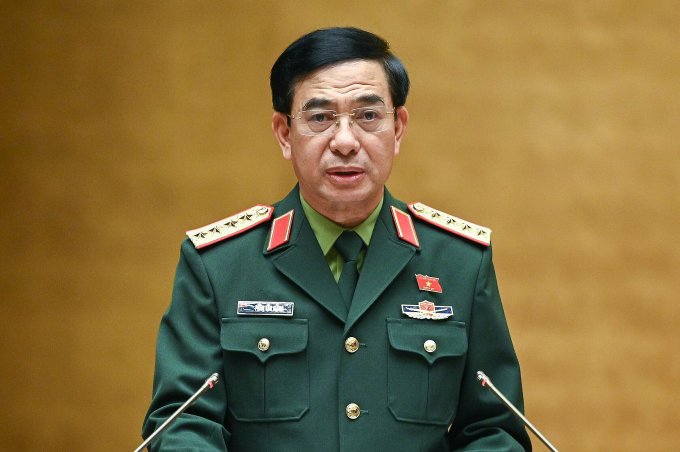
Minister of National Defense Phan Van Giang presents the draft Law on Civil Defense to the National Assembly, October 2022. Photo: National Assembly Media
There are suggestions to review measures at the civil defense level to ensure feasibility and avoid overlap. According to the National Assembly Standing Committee, it is necessary to specify the measures to be applied at each level to ensure general coverage for all types of incidents and disasters stipulated in specialized laws.
Through review and research, the National Assembly Standing Committee proposed to make adjustments in the direction of applying increasing measures at each level and specifying the authority of the Chairman of the People's Committee at district and provincial levels and the Prime Minister at each level.
Some delegates proposed to clarify the monitoring mechanism; measures to manage and use revenue mobilized by organizations and individuals, and prevent negativity. However, the supervisory responsibility of the Vietnam Fatherland Front Committee has been stipulated in the Law on the Vietnam Fatherland Front. In 2021, the Government also issued a Decree on mobilizing, receiving, distributing and using voluntary contributions to support overcoming difficulties caused by natural disasters, epidemics, and incidents; and supporting patients with serious illnesses, which is currently being implemented stably and effectively.
The Draft Law also assigns the Government to detail the mobilization, calling for voluntary contributions and the allocation of relief and support resources to ensure fair, timely and appropriate allocation to the right subjects.
After discussion in the hall this afternoon, the draft Civil Defense Law will be received and completed to be submitted to the National Assembly for approval on June 20.
According to the meeting agenda, this morning, the National Assembly will listen to reports and examine the 2021 state budget settlement; report on explanation, acceptance and revision of the draft Law on Bidding, before the National Assembly discusses it in the hall.
In the afternoon, the National Assembly listened to the report and examined the continued implementation of the policy of reducing value added tax by 2% according to Resolution No. 43/2022; the decision on the investment policy for the traffic project from National Highway 27C to Provincial Road DT.656 in Khanh Hoa province - connecting with Lam Dong and Ninh Thuan.
The 5th session of the 15th National Assembly opened on May 22, divided into two sessions with a total working time of 22 days. The first session is 17 days (May 22 - June 10); the second session is 5 days (June 19 - June 23).
Source link












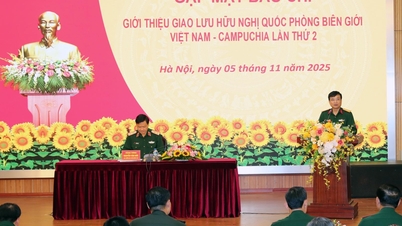



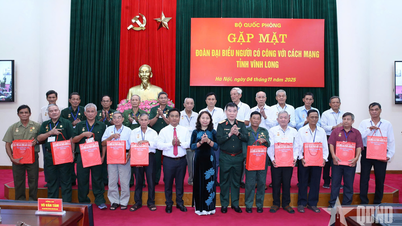

























![[Video] Hue Monuments reopen to welcome visitors](https://vphoto.vietnam.vn/thumb/402x226/vietnam/resource/IMAGE/2025/11/05/1762301089171_dung01-05-43-09still013-jpg.webp)




























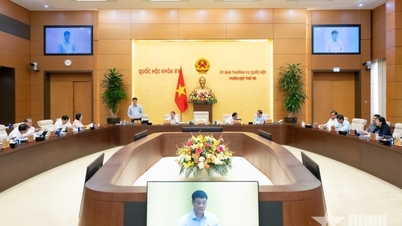















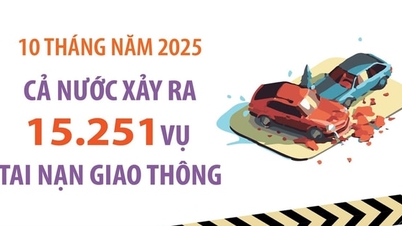

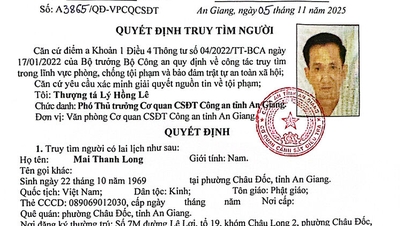





















Comment (0)